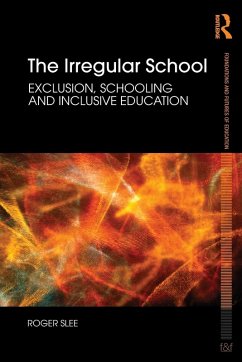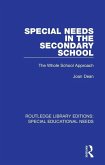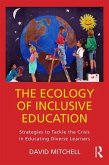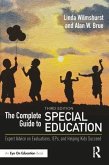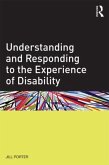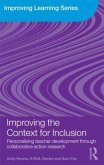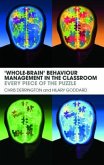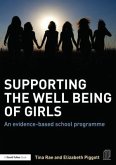Should disabled students be in regular classrooms all of the time or some of the time? Is the regular school or the special school or both the solution for educating students with a wide range of differences? Inclusive education has been incorporated in government education policy around the world. Key international organisations such as UNESCO and OECD declare their commitment to Education for All and the principles and practice of inclusive education. There is no doubt that despite this respectability inclusive education is hotly contested and generates intense debate amongst teachers, parents, researchers and policy-makers. People continue to argue over the nature and extent of inclusion. The Irregular School explores the foundations of the current controversies and argues that continuing to think in terms of the regular school or the special school obstructs progress towards inclusive education. The book contends that we need to build a better understanding of exclusion, of the foundations of the division between special and regular education, and of school reform as a precondition for more inclusive schooling in the future. Schooling ought to be an apprenticeship in democracy and inclusion is a prerequisite of a democratic education. The Irregular School builds on existing research and literature to argue for a comprehensive understanding of exclusion, a more innovative and aggressive conception of inclusive education and a genuine commitment to school reform that steps aside from the troubled and troubling notions of regular schools and special schools. It will be of interest to all those working and researching in the field of inclusive education.
Hinweis: Dieser Artikel kann nur an eine deutsche Lieferadresse ausgeliefert werden.
Hinweis: Dieser Artikel kann nur an eine deutsche Lieferadresse ausgeliefert werden.

